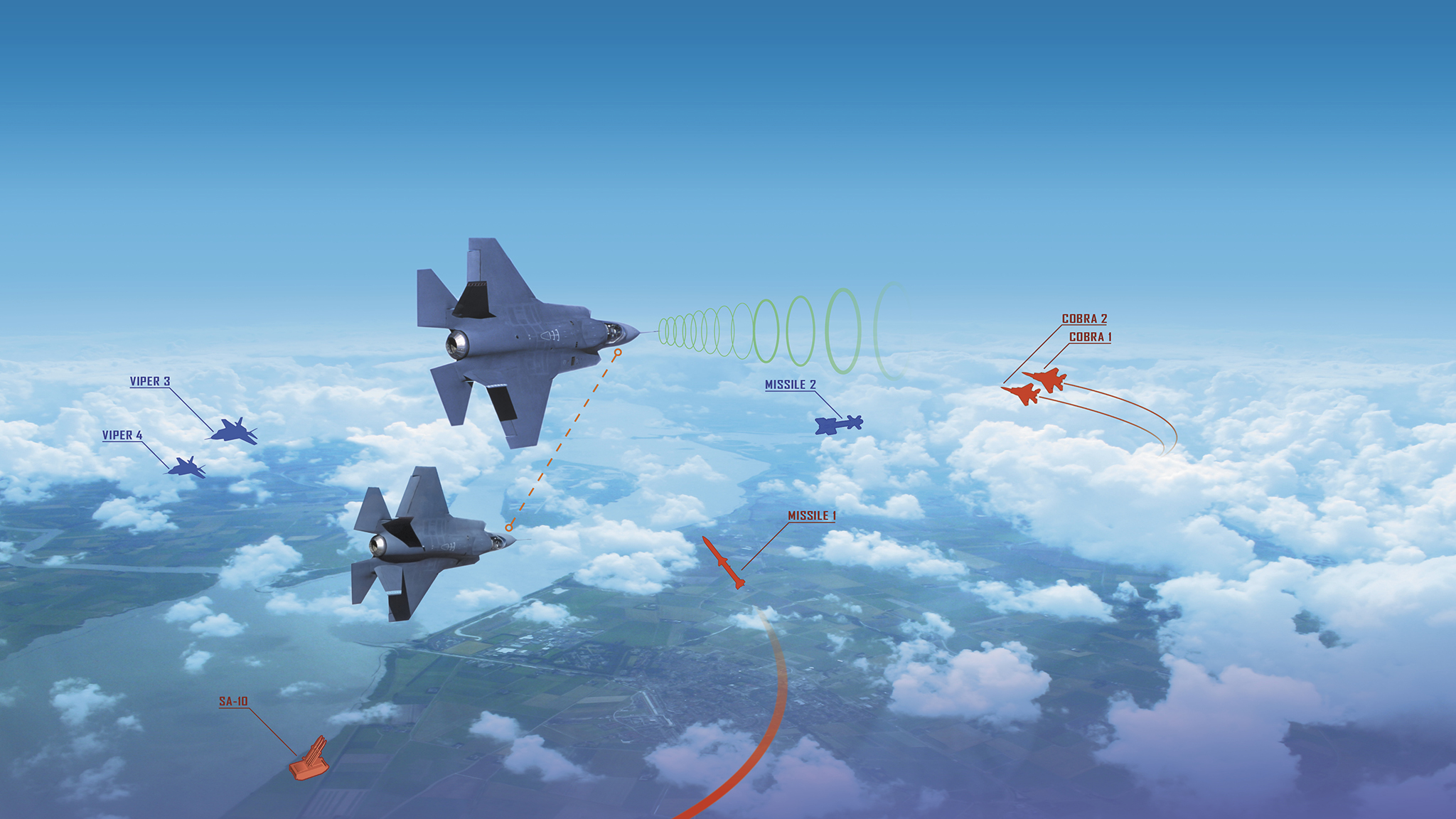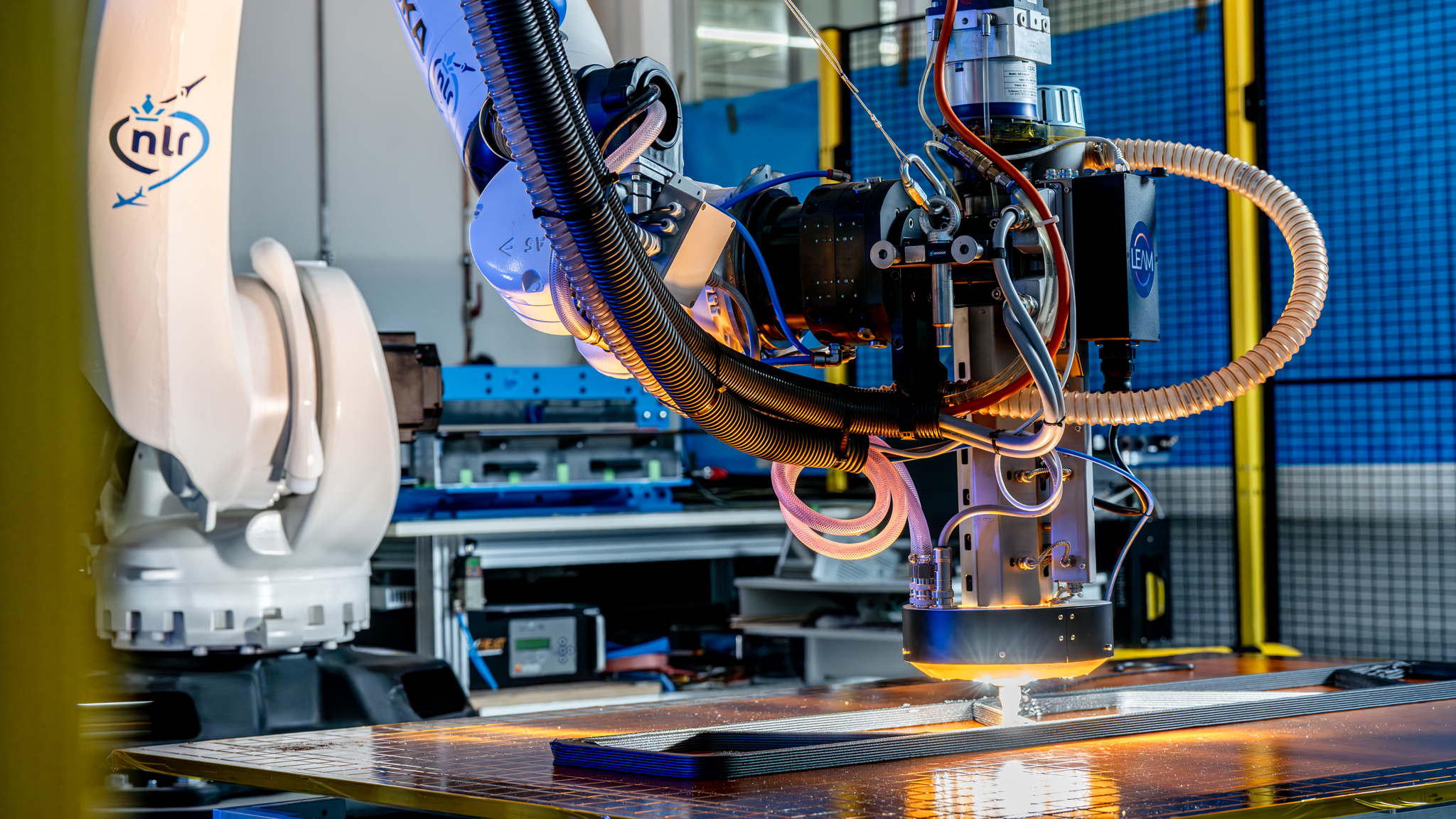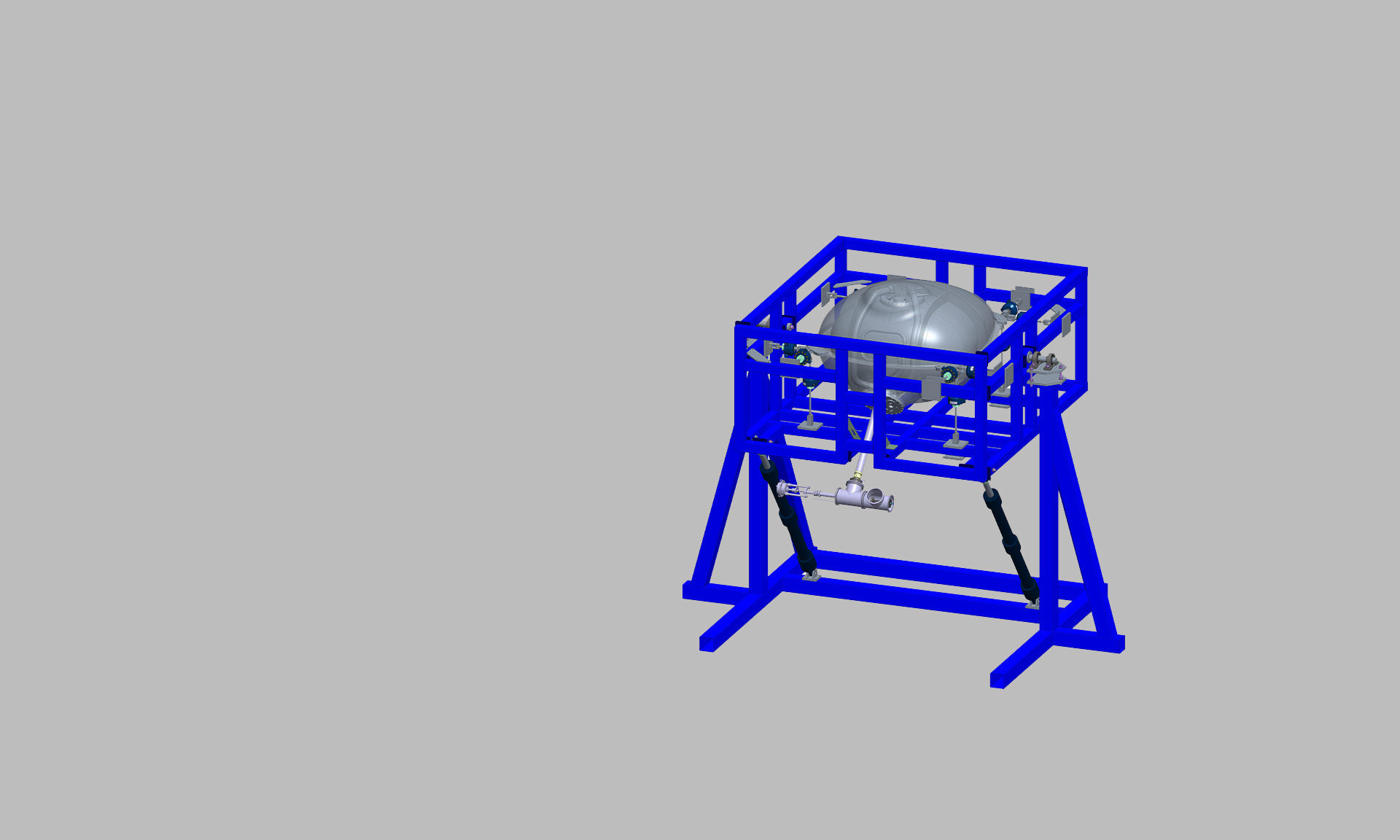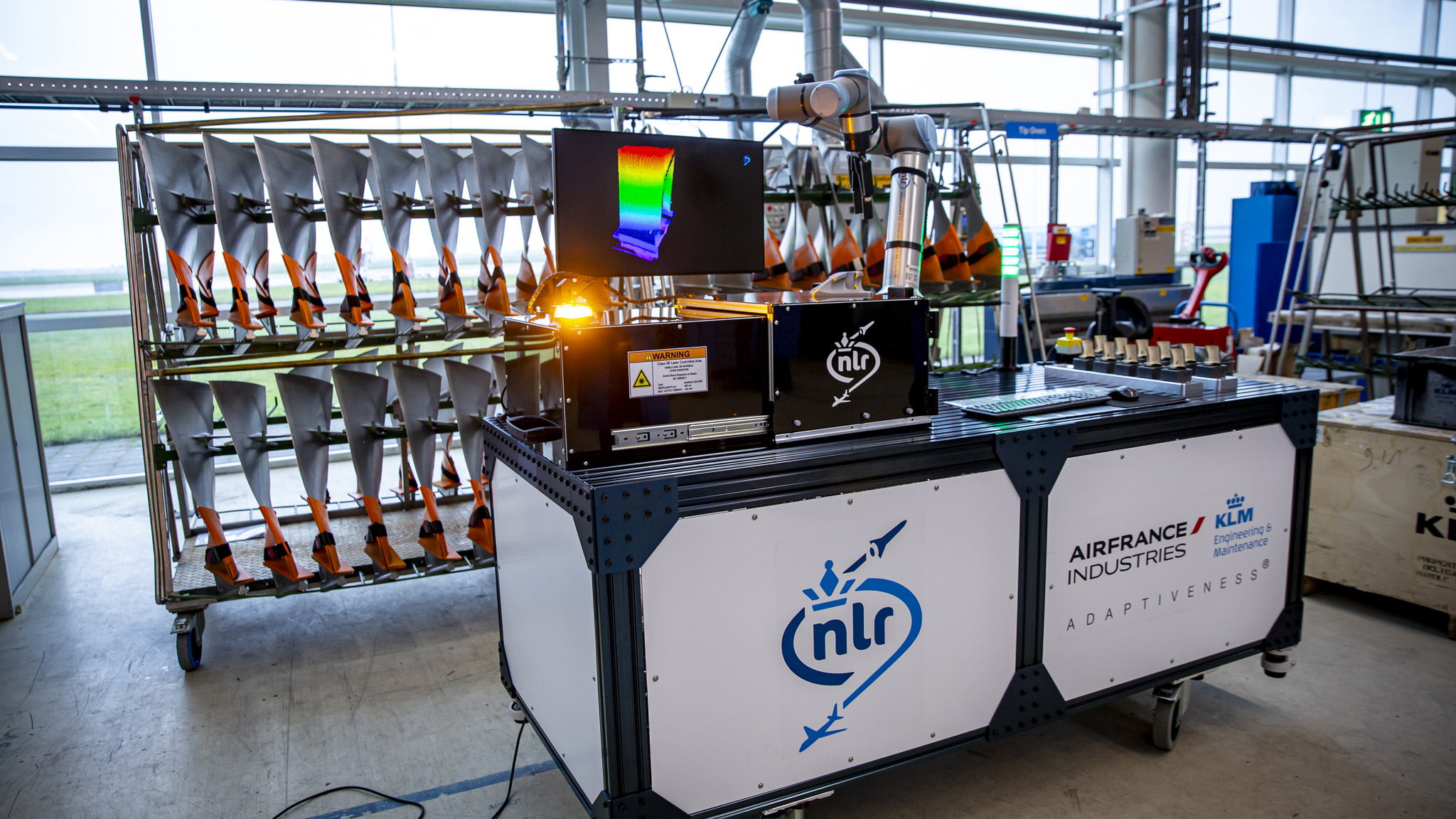Intelligent opponents in mission simulation
The challenge
In military simulations, computer-generated forces (CGFs) are autonomous entities that represent friendly, neutral or hostile air, ground surface, or subsurface-based units, platforms or individuals. The behaviour that CGFs display in the simulations is modelled to resemble realistic human behaviour. CGFs are typically used in application areas such as training, mission rehearsal, concept development and experimentation (CD&E) or decision support. For each application, the CGFs require different behaviour models. However, traditional modelling techniques do not give scope for expression and keep modellers from quickly developing new models. New approaches to behaviour modelling are therefore required.
The solution
The results of the studies have been combined in a user-friendly graphical behaviour modelling tool. The tool was named Smart Bandits (after the project). It lets modellers quickly implement behaviour models and link the new models to the CGFs in a simulation engine. While the CGFs make their observations in the simulated world, the Smart Bandits tool calculates their next actions. During simulations, the behaviour models can easily be inspected to see what the CGFs are thinking. Apart from being an intuitive modelling tool, Smart Bandits continues to be a platform for behaviour modelling research. NLR is continuously experimenting with new modelling techniques and new ways of interacting with CGFs.

What did we do?
To this end, we carried out research in two main directions, namely human behaviour and computational modelling. In the former, we specifically studied situational awareness (i.e. perception of the environment) and theory of mind (i.e. beliefs, desires and intentions). In computational modelling, we studied the use of machine learning techniques for enhancing classical modelling techniques such as finite-state machines and behaviour trees.
A key component of the Smart Bandits project was the evaluation of newly developed techniques in human-in-the-loop simulations, such as in NLR’s Fighter 4-Ship networked F-16 simulator.
Project partners:
Industry (NL):
Industry (EU):
Research organisations:
Universities:
Start:
Duration:




